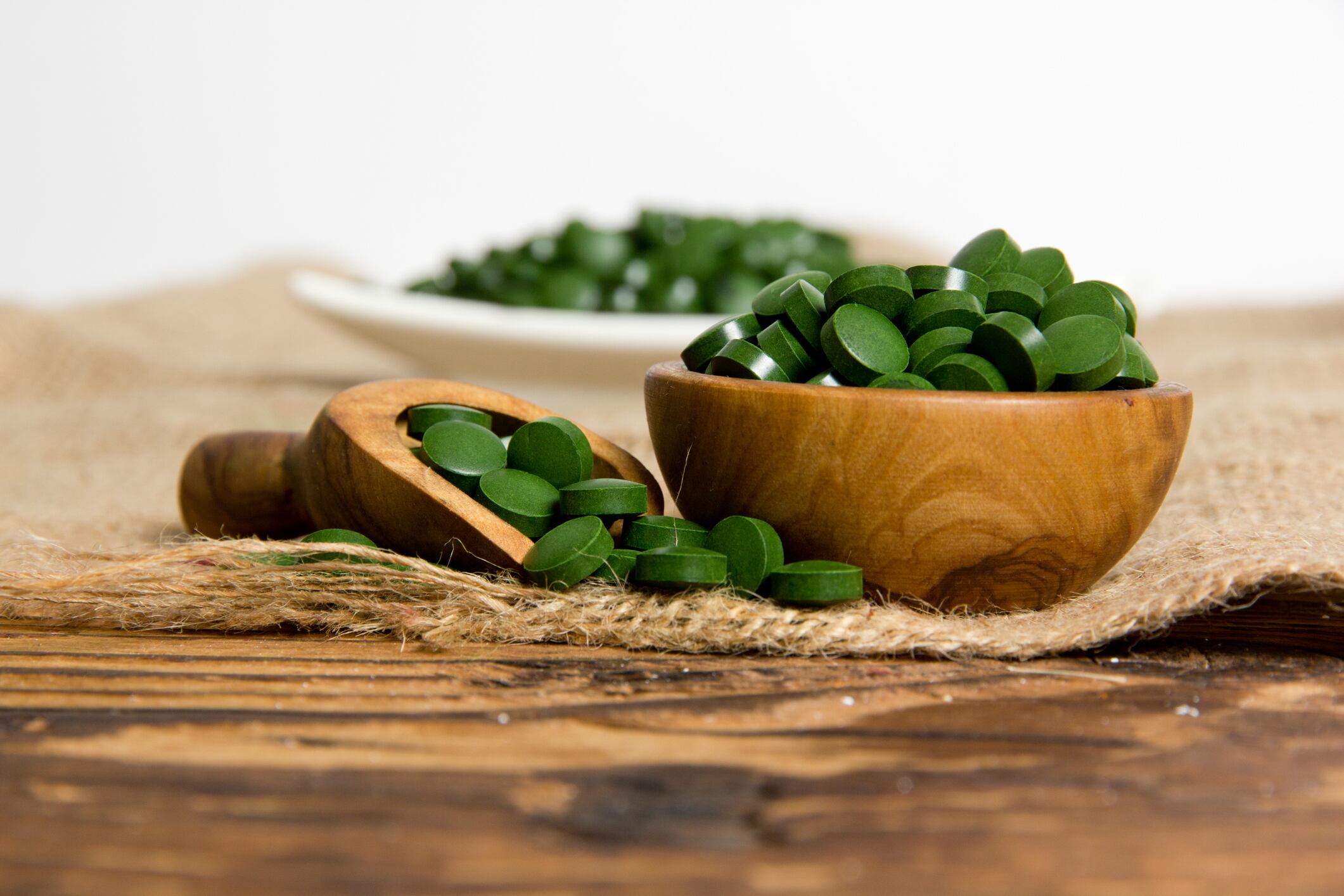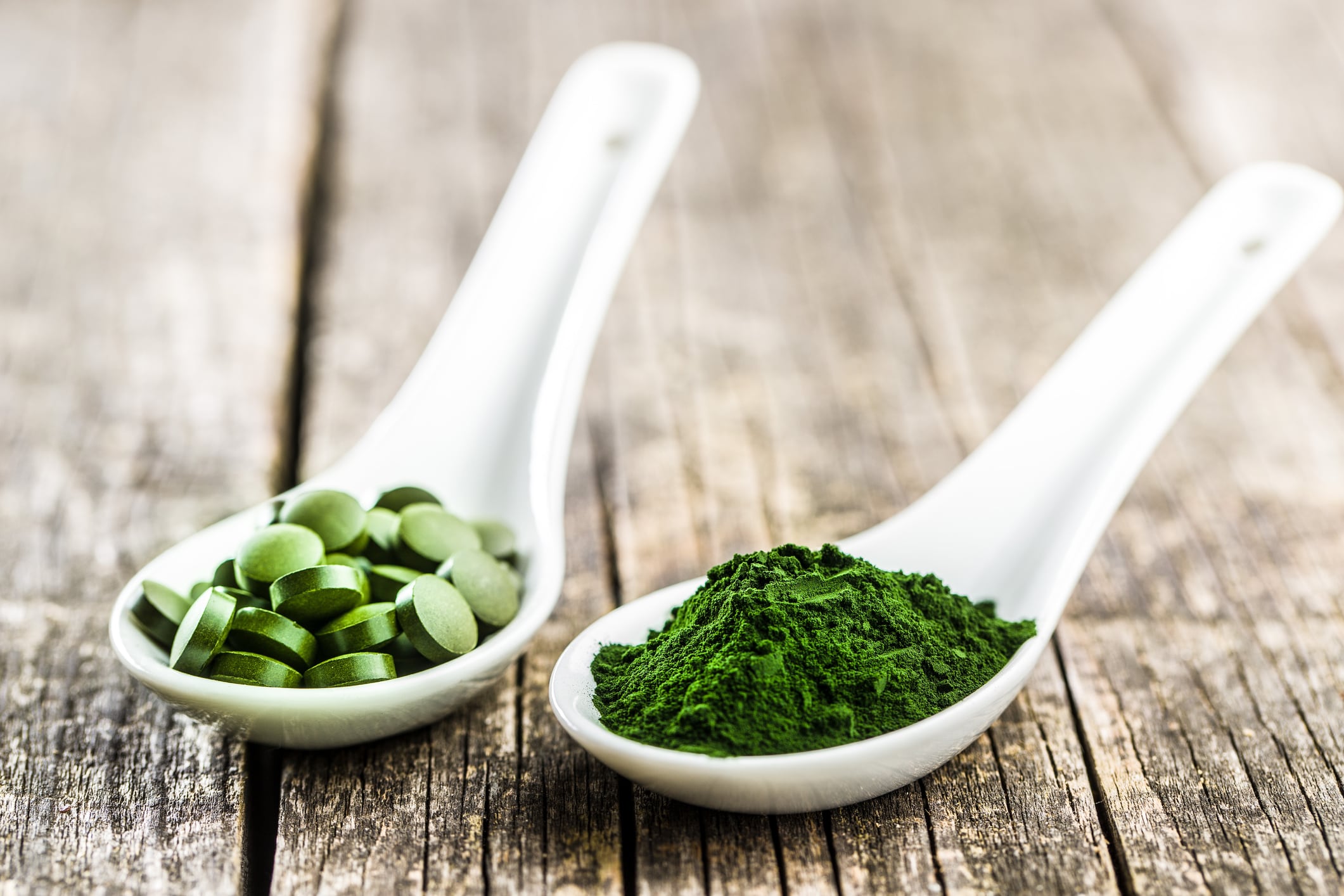The facility is one of Europe’s largest and most modern precision fermentation plants for chlorella production and brings Aliga Microalgae one step closer to realising its ambition to become Europe’s leading manufacturer within the “next few years”.
Aliga Microalgae co-founder and sales director, David Erlandsson told Nutraingredients.com: “By incorporating this facility in our operations, we will have production in Denmark, Holland and France making us one of the largest producers of Chlorella in Europe.
“We will continue building on the strong market presence in B2B dietary supplement segment which they had established with their high-quality green Chlorella.”
Production capacity will expand from approximately 400 tonnes per annum to 600 tonnes as a result of the acquisition, including both white and green chlorella.
“The company will be well equipped to meet the growing marketing demands we currently see for sustainable, high-quality European produced Chlorella ingredients, both from the dietary supplement markets and the growing plant-based food market segments,” Erlandsson said.
Sustainable complement
Aliga Microalgae develops dried chlorella using a scalable precision fermentation process that allows them to cultivate large volumes with “a stable quality” batch after batch. Ingredients are naturally rich in proteins (including all essential amino acids), vitamins, minerals, dietary fibres, and fatty acids.
“Our Chlorella, particularly our white one, is a sustainable complement to soy and pea ingredients thus many food and nutrition manufactures want to include this ingredient in their formulations,” Erlandsson explained.
Main markets for traditional, green chlorella are dietary supplements but the introduction of proprietary white chlorella – launched by Aliga Microalgae in the Spring – has expanded its application to food ingredients.
“Through a natural selection process called random mutagenesis we have - in a natural and non-GMO way - managed to remove (breed out) the gene that is producing the chlorophyll,” he said.
“Being neutral in taste and flavour, its improved organoleptic properties enable application in formulations that previously haven’t been possible due to the Chlorella’s natural high content of chlorophyll and strong algae flavour.”
Massive demand
Demand for plant-based ingredients, such algae, is growing year on year with sales reaching £3bn (€3.6bn) in 2020, up from £2bn (€2.4bn) in 2018, and rapid growth is expected to continue, driven largely by the food ingredient sector, said Erlandsson.
Expansion in green chlorella is forecast within the dietary supplement sector as “more and more consumers want to source European-produced products, instead of Asia produced, due to its high quality and lower environmental impact”, he commented.
However, as an emerging market, white chlorella is forecast to grow dynamically (particularly in Europe) and, as such, will account for a more significant share of production capacity, he said.
“We are currently seeing a massive demand from manufacturers who want to use it in plant-based and hybrid formulations such as analogue seafood & meat, pasta, savoury as well as sports and other nutrition product where this white neutral tasting ingredient is more applicable than the green Chlorella.”
Erlandsson said that more and more food manufactures are developing plant-based analogue versions of meat, fish, seafood, for example, to satisfy consumer demand for products derived from sustainable food sources.
“Since this market is starting from a ‘lower’ level I believe we will continue see it grow in a steady phase, while more traditional food sources absolutely will see some decline due to the economic developments,” he added.



